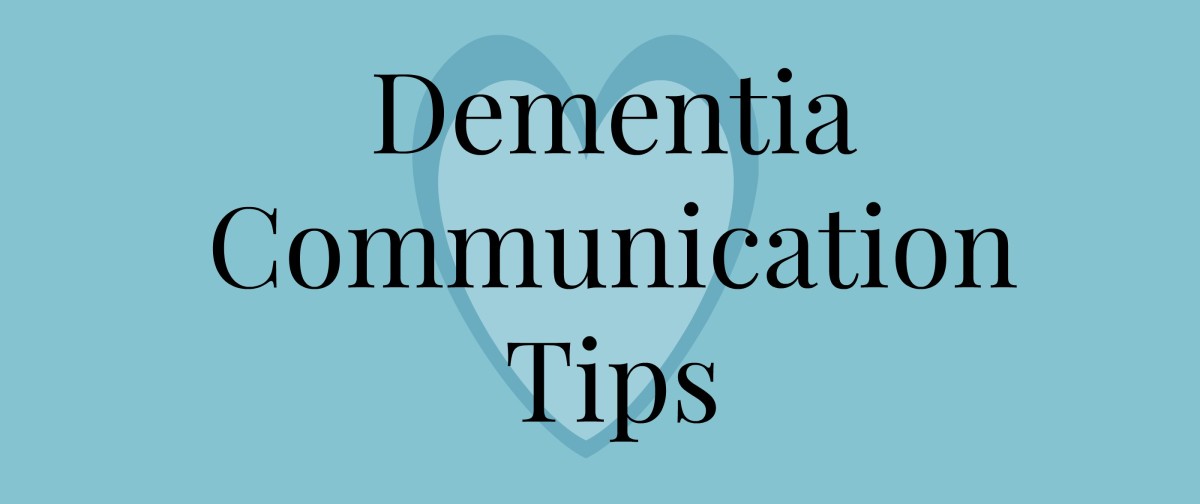The Difference Between Delirium and Dementia
The effects of delirium can be distressing to both the patient and their family.

I remember feeling like I wanted to say something, but nothing I said made any sense and I couldn’t make myself make sense,” Linda told me following her very harrowing experience. She sat up in her hospital bed and slowly sipped some water from a straw. Just a short time ago she was frantic and confused, claiming that she was in France and that long dead relatives were trying to convince her to marry Zoltan, a person who does not exist. She was agitated, disoriented, distractible, and unable to recognize her own children. Now her eyes were clear and her expression was calm, dramatically different from her frenzied appearance just two days ago. Linda’s behavior had thrown her family into a panic. They had never known their mother to act in such a bizarre manner. In a short time they were demanding answers from an equally confused hospital staff; however, no one had an answer. Linda was not in the hospital because of her bizarre mental condition; instead the treatment she received following minor knee surgery actually caused her condition.
Delirium (also termed an acute confusional state) is a common neuropsychiatric syndrome characterized by an acute onset, a fluctuating course, disrupted attention and awareness (officially termed a disturbance of consciousness), and severely disorganized behavior. Patients with this condition will often present with other cognitive deficits such as a change in their level of arousal, changes in perception, impaired memory, distorted sleeping habits, and psychotic symptoms that can include hallucinations and delusions. These changes can be quite dramatic and fluctuate rapidly.
The overall presentation of delirium will follow one of three courses: 1) a hyperactive type where the person appears agitated, uncooperative, and confused; 2) a hypoactive type where individuals are quite lethargic, indifferent, and passive; and 3) a mixed type that involves fluctuating between hyperactive and hypoactive periods. Eighty percent of delirium cases are of the mixed or hypoactive types. Delirium is quite common and occurs in 20 percent of all hospitalized patients, but occurs more often in hospitalized elderly patients (nearly 65 percent). This condition is quite serious and can be fatal in a high number of the patients that contract it. Given that this condition commonly occurs in elderly individuals it is often misdiagnosed as dementia resulting in these patients being untreated. This is unfortunate because delirium is often completely reversible.
The two core features that distinguish delirium from dementia and other chronic conditions/diseases are a rapid or acute onset and fluctuating course. The onset of delirium can occur in only to a few hours to a few days, depending on the patient. The key to recognizing the presence of a delirium is to understand that such dramatic acute cognitive changes often are not synonymous with the features of most chronic conditions, including the dementias. In addition, delirium can result in alternating periods of confusion, lethargy, and relative alertness and this should also arouse suspicion. Consequently, the corroboration of relatives or friends to help determine the person’s prior level of functioning and the onset of the problems is important when considering the cause of any sudden cognitive changes. Elderly patients with mild cognitive problems or an existing dementia are especially susceptible to developing delirium and are often misdiagnosed. In Linda’s case, her presentation was markedly different from her behavior before her hospitalization despite a previous history of mild memory loss. Dementia on the other hand will take much longer to develop and in the case of a progressive dementia like Alzheimer’s disease may take years to develop. Dementia following a stroke can occur more rapidly; however, there is a recognizable cause to memory problems following stroke. Nonetheless, many post-stroke patients may also contract delirium and great care should be used in the treatment of these patients.
The key to treating delirium is to determine its cause. As a neuropsychologist I have found that identifying the cause of delirium can lead to some resistance from physicians as delirium is often iatrogenic (unintentionally caused by a physician). It can be difficult for physicians to realize that the treatment they have prescribed may be worse than the condition they were trying to treat, but I have found them to be open to logical persuasion. Since medication effects frequently result in delirium newly taken medications are always suspect causes. Delirium also occurs following surgery as a result of anesthesia and can be a consequence of infections such as urinary tract infections or pneumonia, other pulmonary disorders, cardiovascular diseases, liver or kidney disorders, dehydration, or vitamin deficiencies (especially B vitamin deficiencies). Once the cause is determined it becomes a matter of correcting the situation and monitoring the patient.
Linda was given an antipsychotic medication following her surgery, Seroquel, for agitation due to suspected dementia. She was somewhat confused due to the anesthesia and a psychiatrist misdiagnosed her with dementia based on the family’s report that she had a history memory problems. After speaking with her family I asked the physician to discontinue the medication and Linda’s symptoms abated in a few days. Family members need to be cognizant of such acute changes in their loved ones’ cognition following surgery, the addition of a new medication, or changes following the onset of an illness as physicians and nurses may not recognize that such cognitive changes are new. Linda’s condition was recognized as a consequence of her family’s insistence that something new was wrong with her, leading to an investigation of her condition. Far too often nothing is done and the condition does not resolve. Linda was fortunate that her family intervened. “I feel much better now” Linda told me. “Thank you.”
- How Much of Our Brain Potential Do We Actually Use? | Scienceray
There is a long-held assumption that people only use 10% of their brains. This article reviews the evidence for this assumption. - Dementia and Alzheimer\'s Disease: General Facts
This is the first of a series of articles aimed at clearing up many of the misconceptions regarding Alzheimer's disease and dementia reported on the web.







